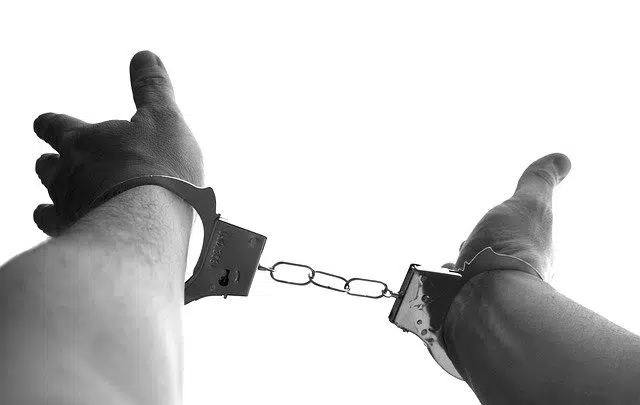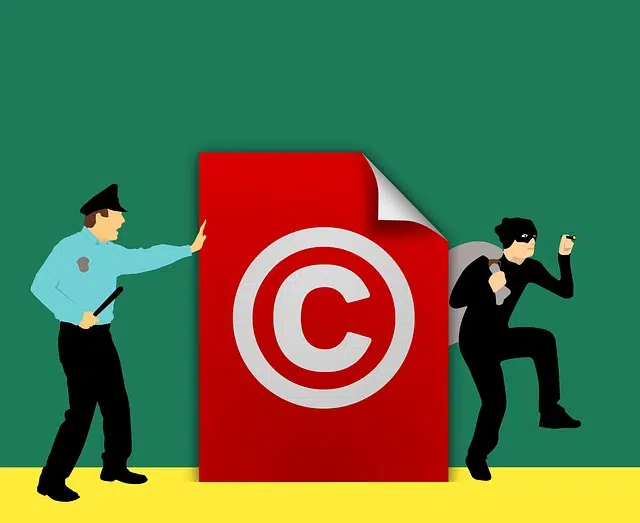
Committing a crime can land a person in jail.
A crime is a behavior that, whether by choice or recklessness, is contrary to what is established by law . The crime, therefore, implies a violation of current norms, which makes it deserve a punishment or penalty .
Beyond the laws, any action that is condemnable from an ethical or moral point of view is known as a crime. For example: "Spending so much money on shoes is a crime," "My grandmother taught me that throwing food in the trash is a crime."
Civil offense and criminal offense
In the judicial sense, it is possible to distinguish between a civil crime (the action that is intentionally carried out to harm a third party) and a criminal crime (which is also classified and punished by criminal law ).
There is a fairly broad classification of different types of crime. An intentional crime is one that is committed with conscience, that is, the author wanted to do what he did. In this sense, it is contrasted with the culpable crime , where the fault occurs from not complying with or respecting the obligation of care. A murder is an intentional crime; On the other hand, an accident where a person dies is a negligent crime.
A crime by commission , on the other hand, occurs from the behavior of the author, while a crime by omission is the result of abstention. Crimes of omission are divided into crimes of own omission (established by the penal code ) and crimes of improper omission (not included in the penal code ).

Piracy is a crime that is often the subject of debate.
Piracy
The so-called pirated copies were certainly not born with the Internet; The effect that this had on the illegal distribution of works was much worse than a simple increase in the percentage of thefts: it managed to convince people that accessing protected content without paying for it did not represent a crime.
It is impossible to travel back in time fifty years and talk to people with profiles similar to those who today without any problem download movies illegally to find out their opinion about this phenomenon. -Excuse me, ma'am, do you think it's okay to get Barbra Streisand's music without paying for it? Do you think it's correct or respectable to sneak into the cinema without paying for admission? Surely, a large percentage of people with lives equivalent to the current neo-pirates would respond that this is a reprehensible attitude.
The case of anime subtitling and distribution: crime or cultural diffusion?
A particular case is that which occurs with Japanese culture , which is highly appreciated throughout the world. Many anime lovers who do not have sufficient knowledge of the Eastern language to enjoy the original versions, want the series to be subtitled so as not to be forced to listen to the dubs, since these take away the magic of the work. However, much of this cultural baggage is not even distributed outside of Japan.
Is it legal then for someone to take the trouble to subtitle an animated series made by other people and distribute it for free? There will be those who say that they use it as study material and that they do not consider it unfair. But, like it or not, there are laws that protect intellectual property , and surely a more civilized way could be found to get creators to export their works to the rest of the world. It would surely help to convince them of the success this activity would have outside their country if mockery of Eastern people were not part of more than one Western culture.
Without a doubt, the long-ago fall of Megaupload, the best-known distributor of illegal copies of movies and music, has had a considerable impact on different markets. This, coupled with the fact that many similar sites disappeared shortly after and the emergence and proliferation of services like Spotify and Netflix, may represent the beginning of positive change.
